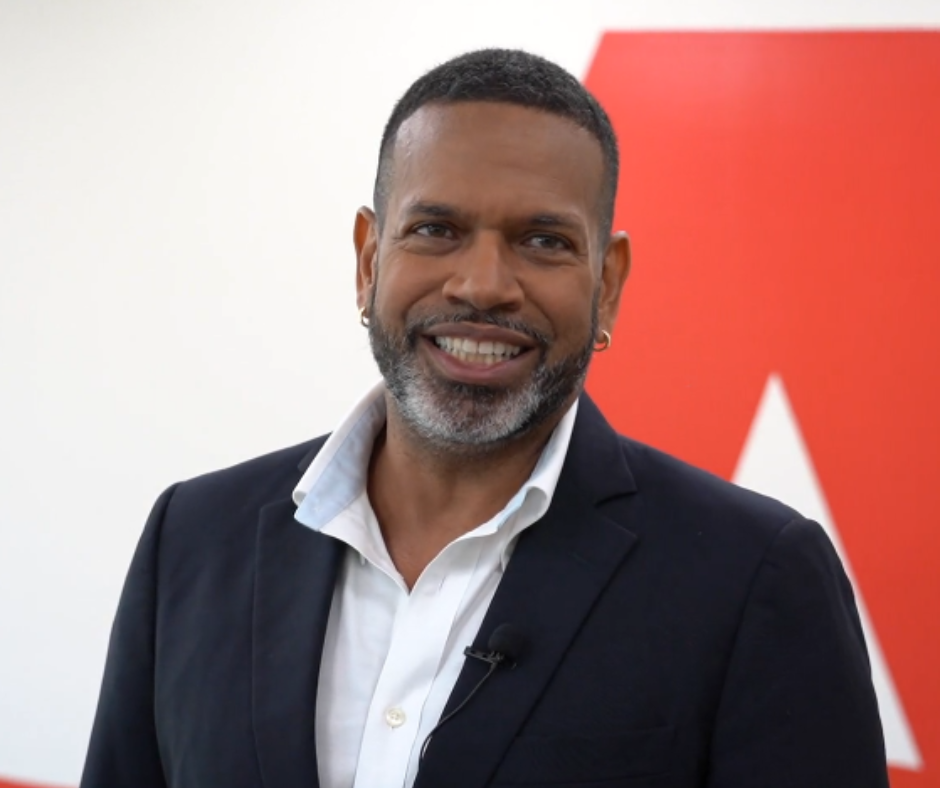AARP Hearing Center

This past summer, AARP Virgin Islands (AARP VI), in partnership with the Virgin Islands Department of Human Services, successfully convened the first two of three Elder Justice Summit sessions. These gatherings brought together legislators, financial professionals, advocates, legal professionals, first responders, law enforcement, and mandated reporters. The consensus was clear: existing protections are insufficient. Findings from the first two sessions have shaped AARP VI’s legislative priorities, and the organization has pledged to lead the charge in advancing changes that will safeguard the financial futures of our elders.
“So many of our Territory’s elders and disabled adults find themselves vulnerable to abuse and exploitation by not only strangers, but often by their caregivers and relatives. We need to ensure that our aging population can live their remaining years safely and with dignity,” stated Troy De Chabert-Schuster, AARP Virgin Islands State Director.
AARP VI has already briefed Senators Novelle E. Francis, Jr., Avery L. Lewis, Kurt A. Vialet, Kenneth L. Gittens, and Marvin A. Blyden of the 36th Legislature, and has engaged the Lieutenant Governor’s Office. The advocacy campaign centers on three priorities:
1. Enact Oversight and Enforcement by the Division of Banking, Insurance & Financial Regulations. By law, the Division of Banking, Insurance & Financial Regulations, under the Office of the Lieutenant Governor, is legally responsible for implementing financial regulatory protections in the Territory. AARP VI is urging the Division to adopt and enforce protocols modeled after the Office of the Commissioner of Financial Institutions (OCIF) in Puerto Rico, specifically Regulation 9368. This regulation provides for:
- Annual Training: Mandate recurring training for all financial institution staff to detect, prevent, and respond to elder financial exploitation.
- Standardized Reporting: Require the use of uniform Adult Protective Services (APS) reporting form to ensure consistency, accuracy, and timely communication of suspected cases of abuse or exploitation.
- Civil Immunity: Provide liability protections to financial professionals and individuals who report suspected exploitation in good faith.
- Enforcement & Penalties: Impose penalties, including fines up to $5,000 per violation, for institutions that fail to comply with regulation mandates.
2. Enact the “Protection of Specified Adults Act”
AARP VI will champion for legislation modeled on Florida Statutes, Section 415.1034, which authorize financial institutions to delay transactions when exploitation is suspected. The law requires notification of trusted contacts within three business days, establishes an initial 15-day hold, and allows for an extension of up to 30 business days if justified.
3. Enact Mandated Reporting for Notaries Public AARP VI proposes an amendment to Title 34, Section 453 of the Virgin Islands Code to include notaries public among the list of mandated reporters of elder abuse and financial exploitation. Notaries often witness or authenticate major financial and legal transactions, making them vital partners in detecting and reporting abuse.
These proposed changes reflect AARP’s core priorities of financial resilience and security. Across the United States, AARP works to safeguard the financial futures of older adults and their families. In the Virgin Islands, where elders often live longer but with limited resources, the financial harm caused by exploitation is devastating for both the victims and their families, and strains our community.
“Our elders are our living history. They deserve protection, not abandonment. At AARP, we will continue to advocate on the principle that every Virgin Islander should be able to age with dignity, respect, and free from abuse,” implored Pamela Toussaint, Associate State Director of Advocacy and Outreach for AARP VI.
Looking ahead, the third and final session of the Elder Justice Summit series will take place on September 25, 2025, on both St. Croix and St. Thomas. This session will focus on caregiving and the needs of caregivers themselves. The public is invited to participate.































































